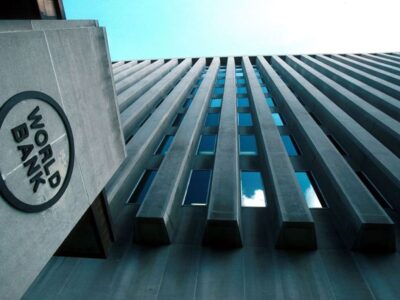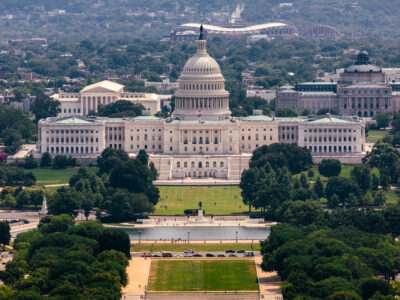The GCC economy is expected to show resilience in the face of rising global protectionism and geopolitical tensions, projected to grow by 4 per cent in 2025, up from an estimated 1.8 per cent last year, an industry report said.
The Middle East GDP is also forecast to see a growth of 3.3 per cent this year, despite the uncertain global outlook, the ICAEW Economic Insight report said.
GCC economy resilient
While US President Donald Trump’s tariff policies have created uncertainty over external demand, the GCC remains largely sheltered from direct tariff impacts.
The region’s non-energy sectors are projected to grow by 4.4 per cent this year, up from an estimated 3.9 per cent in 2024, with regional PMI data firmly in expansionary territory, according to the report prepared by Oxford Economics.
It said following recent OPEC Plus policy shifts, oil production will gradually increase from April, boosting oil-sector growth to 3.2 per cent after two years of contraction.
Saudi Arabia’s oil output is expected to reach 9.3 million barrels per day, driving oil sector growth of 1.9 per cent, while the UAE’s higher quota of 3.5 million barrels per day will support 4.8 per cent growth.
Strong non-oil sector expansion
Saudi Arabia and the UAE are also expected to lead non-oil sector growth with 5.8 per cent and 4.8 per cent, respectively, the report said.
Tourism, the fastest-growing sector across the region in 2024, will remain a vital engine for growth, with Saudi Arabia expecting continued expansion supported by the GCC-wide visa, it said.
The report also forecasts Qatar’s GDP to expand by 2.1 per cent this year, with growth expected to more than double in 2026 as additional LNG capacity comes online.
As for Bahrain, the ICAEW report said the country’s economy is set to double its growth rate to 2.8 per cent this year, with the non-oil economy expanding by 3.1 per cent.
Hanadi Khalife, Head of Middle East, ICAEW, said the business landscape across the GCC continues to demonstrate resilience and adaptability in the face of global economic uncertainty.
“We’re seeing strong investment in key sectors like tourism and infrastructure, which are creating new opportunities for growth,” he said.
Scott Livermore, ICAEW Economic Advisor, and Chief Economist and Managing Director, Oxford Economics Middle East, said the GCC’s projected 4 per cent growth in 2025 highlights the region’s ability to withstand external pressures while advancing its diversification efforts.
“Despite softer oil prices, the gradual easing of OPEC+ production cuts will support energy sector growth after two years of contraction,” he said.








